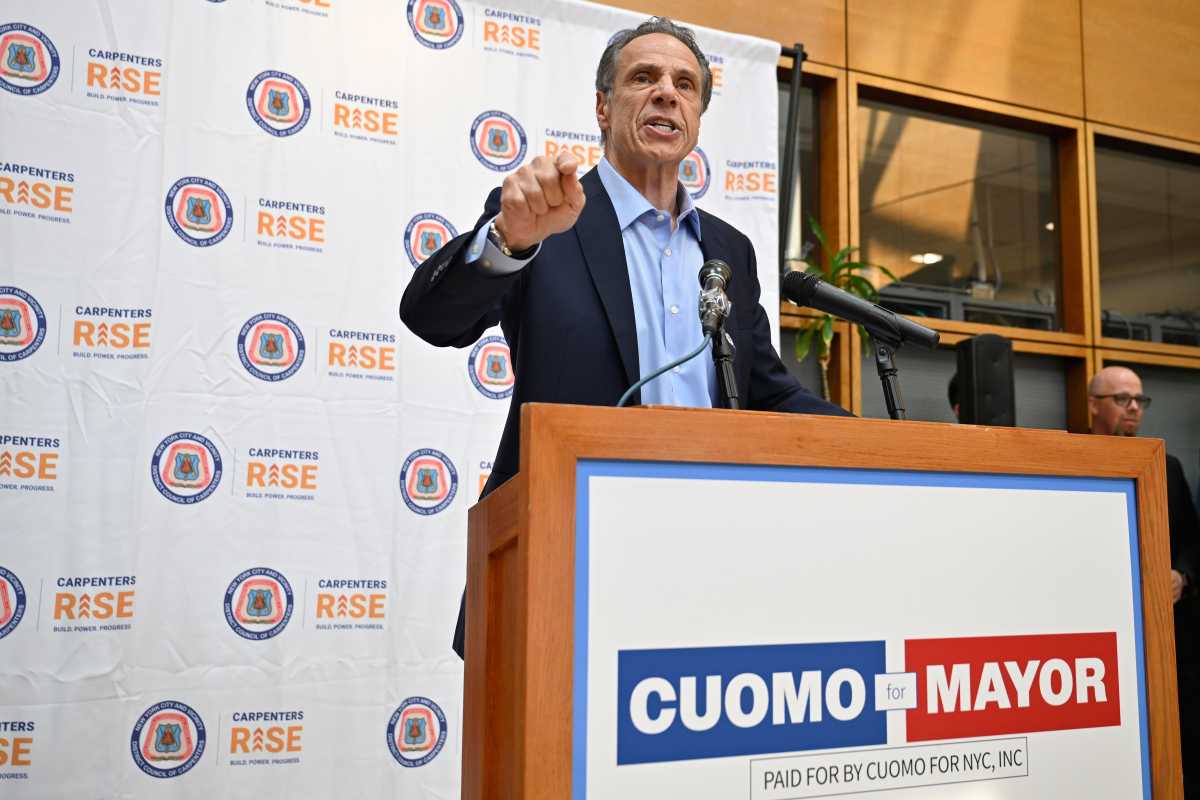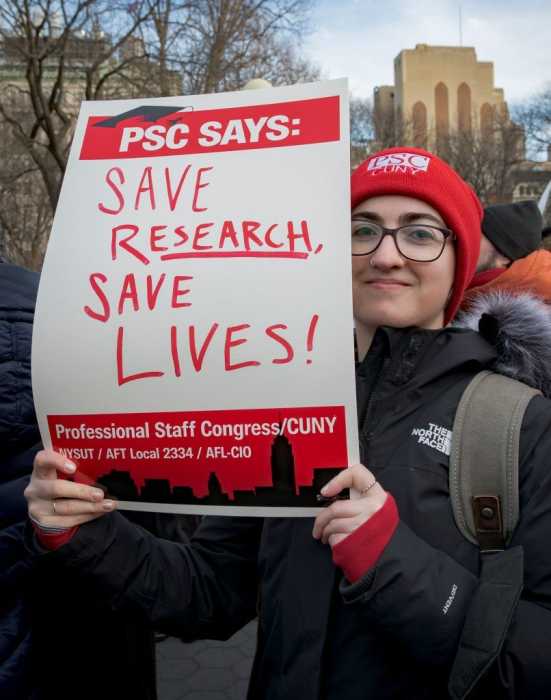By Joan Brown Wettingfeld
Though countless women from the days of the American Revolution and earlier have affected the course of our history, it took many years for their contributions to be recognized. Today, fortunately, that is not the case and many women have reached their potential and have been equally recognized.
Katharine Lee Bates was responsible for what is often called the national hymn of the United States. “America the Beautiful” was originally a poem she wrote in 1893 when she was an English professor at Wellesley College. She wrote the poem during an extended trip she took to Colorado and was inspired to do so on a visit to Pike’s Peak. She returned to her lodgings and immediately wrote the poem.
Originally, Katharine Lee Bates’ early version of the poem was only four verses but was eventually expanded to eight. The poem was first published in “The Congressionalist” in 1895. After some revisions, the author republished it in the “Boston Evening Transcript.”
It is interesting to note that when the music was set to the lyrics, it worked well even though it had been written earlier in 1882. Its author was a New Jersey composer, Samuel Ward. In 1910, the poem was set to music, replacing a host of other melodies to which the poem had been sung.
Over the years there have been attempts to make that composition, “America the Beautiful,” succeed “The Star-Spangled Banner,” but to no avail. There are numerous reasons for this that can be claimed, but it appears most people prefer to focus on keeping the beauty of the song’s imagery rather than focusing on the memories of conquest.
Played frequently by military bands over the years, there have been recordings of the song made by such diverse artists as Elvis Presley, Ray Charles and Reba McEntire.
Katharine Lee Bates was a writer of scholarly works concerned with literary criticism and was an important faculty member at Wellesley College. Her role there was to extend and improve the cause of women’s higher education.
Born in August 1859 in Falmouth, Mass., she lived until March 28, 1929. Her mother was a highly educated woman for her time, having graduated from Mount Holyoke Seminary, later known as Mount Holyoke College. Katharine Lee Bates’ father, William Bates, was a Congregationalist minister who had studied at Middlebury College in Vermont and at Andover Seminary in in Massachusetts.
Katharine Lee Bates was their youngest daughter and received degrees from Wellesley in 1880 and 1891 while also attending Oxford University from 1889-91, an important achievement in those days. She believed the study of literature helped to develop human values.
To supplement her income, she became a writer and in 1915 helped to found the New England Poetry Club, also serving at times as its president. She was also interested in working for labor reform.
Though deeply religious, she could not find a church with whose faith and teachings with which she could concur.
Joan Brown Wettingfeld is a historian and freelance writer.





































